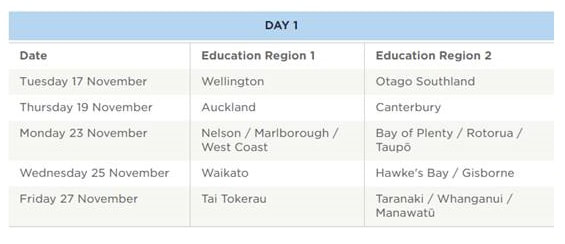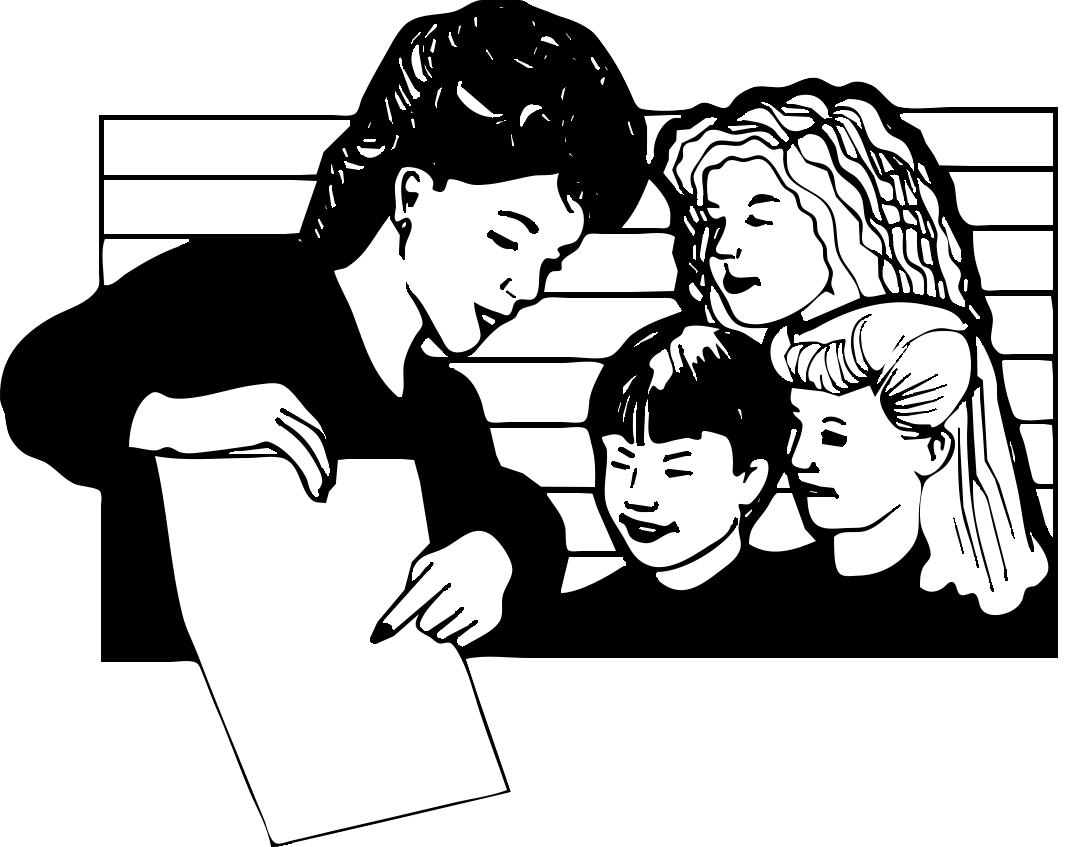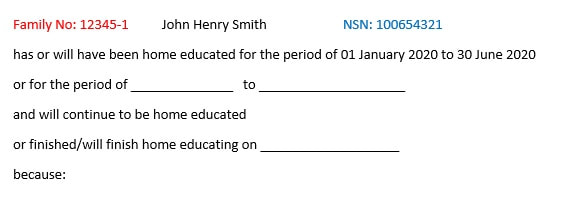The purpose of the Highest Needs Review is to ensure that children and young people with the highest needs for learning support achieve their full potential through positive education outcomes.
To achieve this full potential, we need to ensure that they receive the learning supports they need, when they need it, and for as long as they need it.
Submissions close 31st March 2022.
A comment passed on to me by a home educator who talked with Manager of the Highest Needs Review: "She agrees that it is important to give homeschool families a voice in the highest need review that the MoE are currently doing. She wants parents to know that they can send their thoughts and feedback in (regardless of the fact that their children are not attending mainstream schools)."






 RSS Feed
RSS Feed
